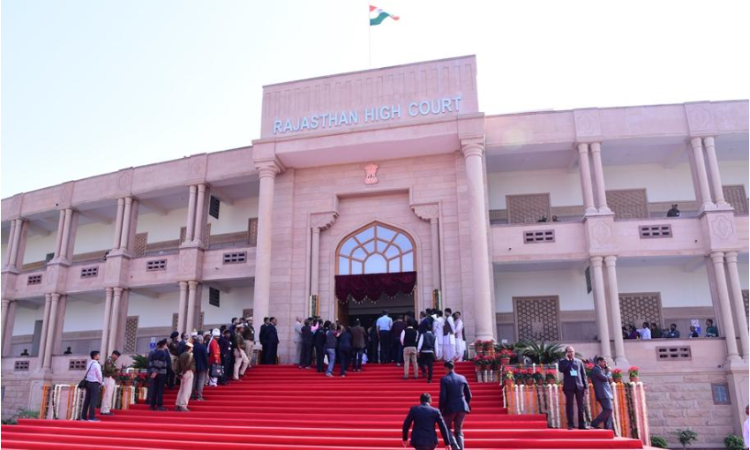Complainant Not Entitled To Hearing In Bails Plea Under Juvenile Justice Act: Rajasthan High Court
Aaratrika
5 July 2021 9:27 PM IST

Next Story
5 July 2021 9:27 PM IST
The Rajasthan High Court (Jodhpur Bench) has ruled that it is not obligated to provide the complainant with an opportunity of hearing while adjudicating upon a bail application of a juvenile accused under the Juvenile Justice Act, 2015.Justice Sandeep Mehta observed that a holistic reading of the provisions of the Juvenile Justice Act indicate that the legislation does not direct the Courts...
